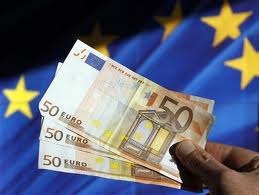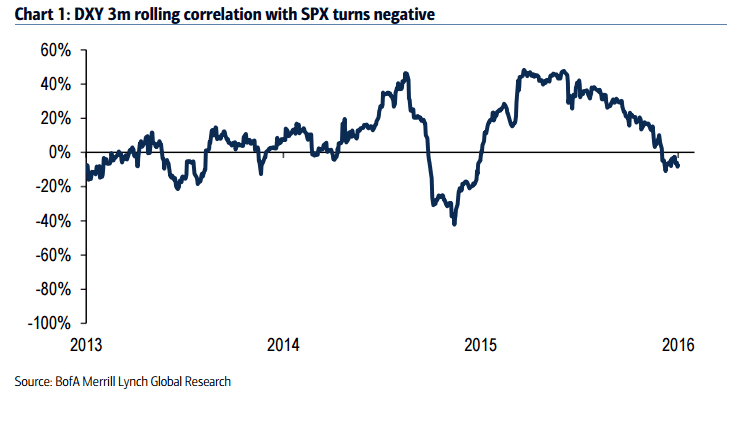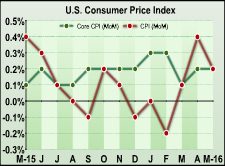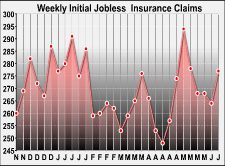Key Points
- The Euro declined vs the Japanese yen recently, and losses may continue in the near term.
- There is a major bearish trend line formed on the hourly chart of EURJPY, which acted as a barrier for the pair and pushed it down.
- In the Euro Area, the Trade Balance released by the Eurostat posted a trade surplus of €28.0B in April 2016, more than the market expected.
- In France, the Consumer Price Index released by INSEE posted an increase of 0.1% in May 2016, which was more than the forecast of 0%.
Technical Analysis
The Euro after trading as low as 118.51 against the Japanese yen started to move higher. However, the upside move was stalled around a major bearish trend line formed on the hourly chart of EURJPY.

The 50 hourly simple moving average also acted as a resistance and ignited a downside move. It looks like the EURJPY pair may continue to move down and test the last swing low of 118.51.
Any further downsides might call for a new weekly low of around 118.00 in the near term.
Euro Area Trade Balance
Today in the Euro Area, the Trade Balance, which is a balance between exports and imports of total goods and services was released by the Eurostat. The market was expecting a trade surplus of €21.6B in April 2016, but the result was better, as the surplus was €28.0B.
The report stated that the “first estimate for euro area (EA19) exports of goods to the rest of the world in April 2016 was €172.3 billion, a decrease of 1% compared with April 2015 (€173.9 bn). Imports from the rest of the world stood at €144.8 bn, a fall of 5% compared with April 2015 (€153.0 bn).”
The Euro traded higher after the report was released, but found sellers near the highlighted trend line and resistance area.




